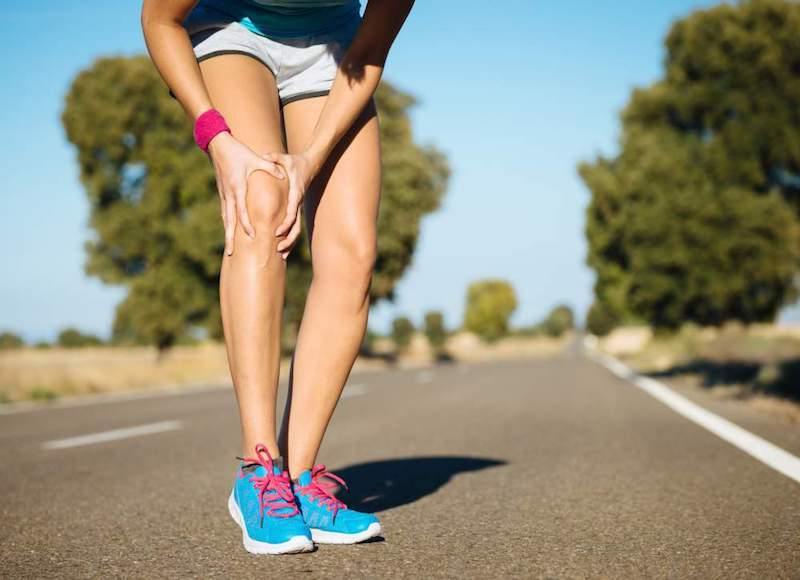The Ayurvedic Approach Of Curing The Pitta Joint Ailments
Ayurveda, the ancient holistic way of medical science, considers the balance of Tridoshas (Pitta, Vata, Kapha), as the base for achieving overall health and harmony. Any imbalance in one of these Doshas is considered to be a cause of various maladies in the body. The joint related ailments can be caused by an imbalance of Pitta Dosha.
How does the Pitta imbalance occur?
The imbalance of Pitta originates in the digestive tract due to its accumulation. This could be for a number of reasons such as:
- A Pitta provoking diet - Consuming food that is too sour, spicy, oily or salty can lead to accumulation of Pitta.
- Pitta provoking lifestyle, routine and mental state.
The Pitta is naturally present in the small intestine and gets accumulated here in access due to the wrong diet. This heightened accumulation of Pitta may cause insatiable appetite and thirst, acidic indigestion, skin problems like eczema, itching, etc. and extreme emotions like rage, irritation, anger, etc.
The Pitta-type joint ailments
The joint ailments induced by an imbalance of Pitta occur due to its excess accumulation and thereby resulting in the build-up of Ama or toxins that affect the metabolic fire or Agni. The excess Pitta and Ama move to the bones and joints via colon, where it causes swelling, inflammation and pain, ultimately causing damage to the joints, and resulting in a deformity and function loss. In Pitta-type joint ailment, the joint appears red and feels hot when touched.
Countering the Pitta-type joint ailments
To counter the Pitta-type joint ailments, one needs to take steps towards restoring the balance of this element. This involves clearing and reverting the Pitta and Ama from the joints to the digestive tract for elimination. The Pitta pacifying methods involves various avenues that involve dietary changes, physical activities, oil massages and usage of herbs.
The diet suggested by Ayurveda to pacify Pitta
Pitta by nature is hot, oily, sharp and light, so the Pitta pacifying food need to be energizing, hearty, mild and grounding. The food can be laced with Pitta pacifying garnishes and spices like fennel, peppermint, cardamom, basil, saffron, turmeric, etc.
Various factors that need to be considered while choosing a diet are:
- The food needs to promote the astringent, bitter and sweet tastes while the pungent, sour and salty food should be minimized.
- The diet needs to be substantial and sweet in nature to balance the intensity and lightness of Pitta. To balance the Pita heat, the intake of sweet food items should be accompanied by bitter food items as well.
- Pitta’s liquid and oily nature need to be balanced by using oils like sunflower oil, coconut oil and ghee.
- Consumption of caffeine-rich and alcoholic drinks should be avoided.
- Pitta promoting food such as pickles, tomatoes, spinach and hot and spicy needs to be avoided.
Massaging and icing the joints
The affected joints should be massaged with oils such as Coconut and Castor oils at room temperature to counter the heat of Pitta. The oils help by
- Calming the Pitta
- Improving the circulation
- Clearing the Ama accumulation in the joints
- Supporting and enhancing the natural healing processes
Icing can be used on the joints in case of high inflammation and hotness.
Pitta pacifying activities
Following activities can be included in the routine to pacify the Pitta
- Meditating for five to ten minutes daily.
- Pranayama practices like Bhramari, Kapalbhati and Sheetali helps in the detoxification the body, supporting and soothing the nervous system.
- Yoga poses like Cow's face, camel, and regular exercises like hiking, swimming in the morning and evening.
Various Pitta pacifying herbs like Manjistha, Guduchi, Aloe Vera and Guggulu can be used. These herbs help in promoting the digestive tract health and the kindling of Agni. They also promote the elimination of Ama accumulated in the joints and the GI tract.


0 comments